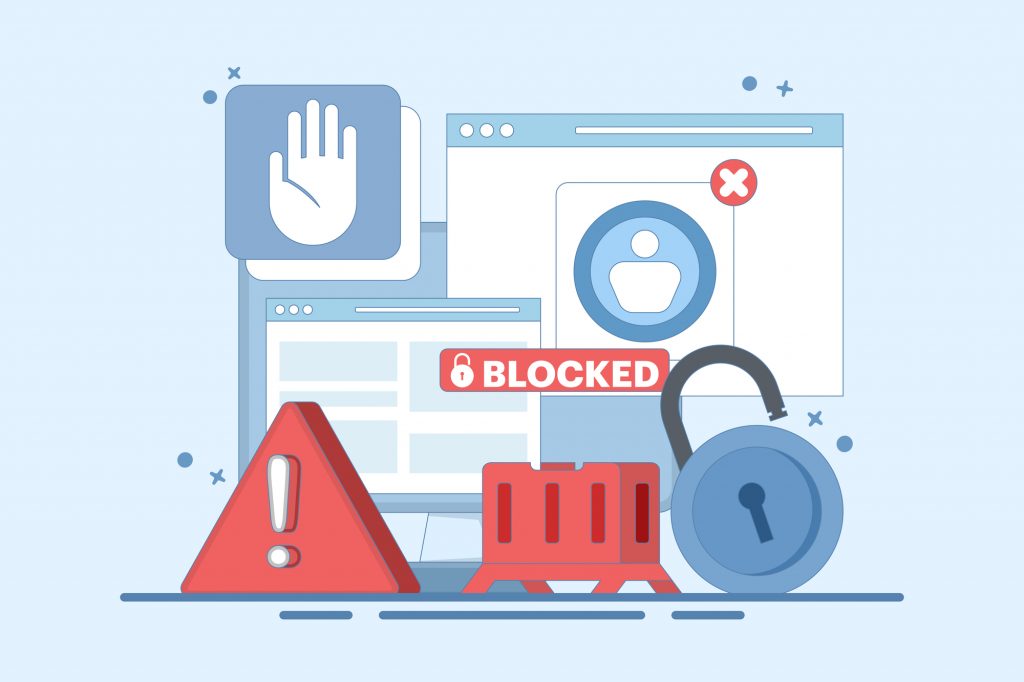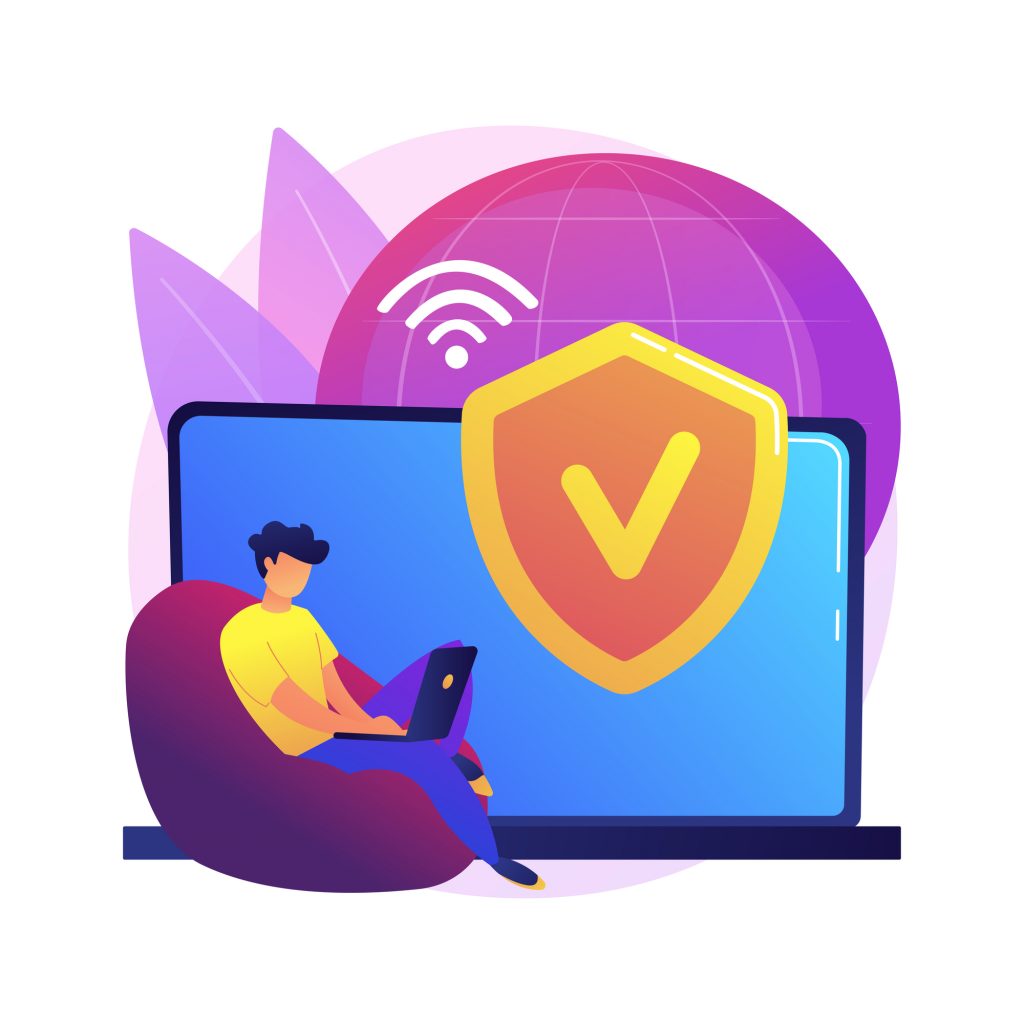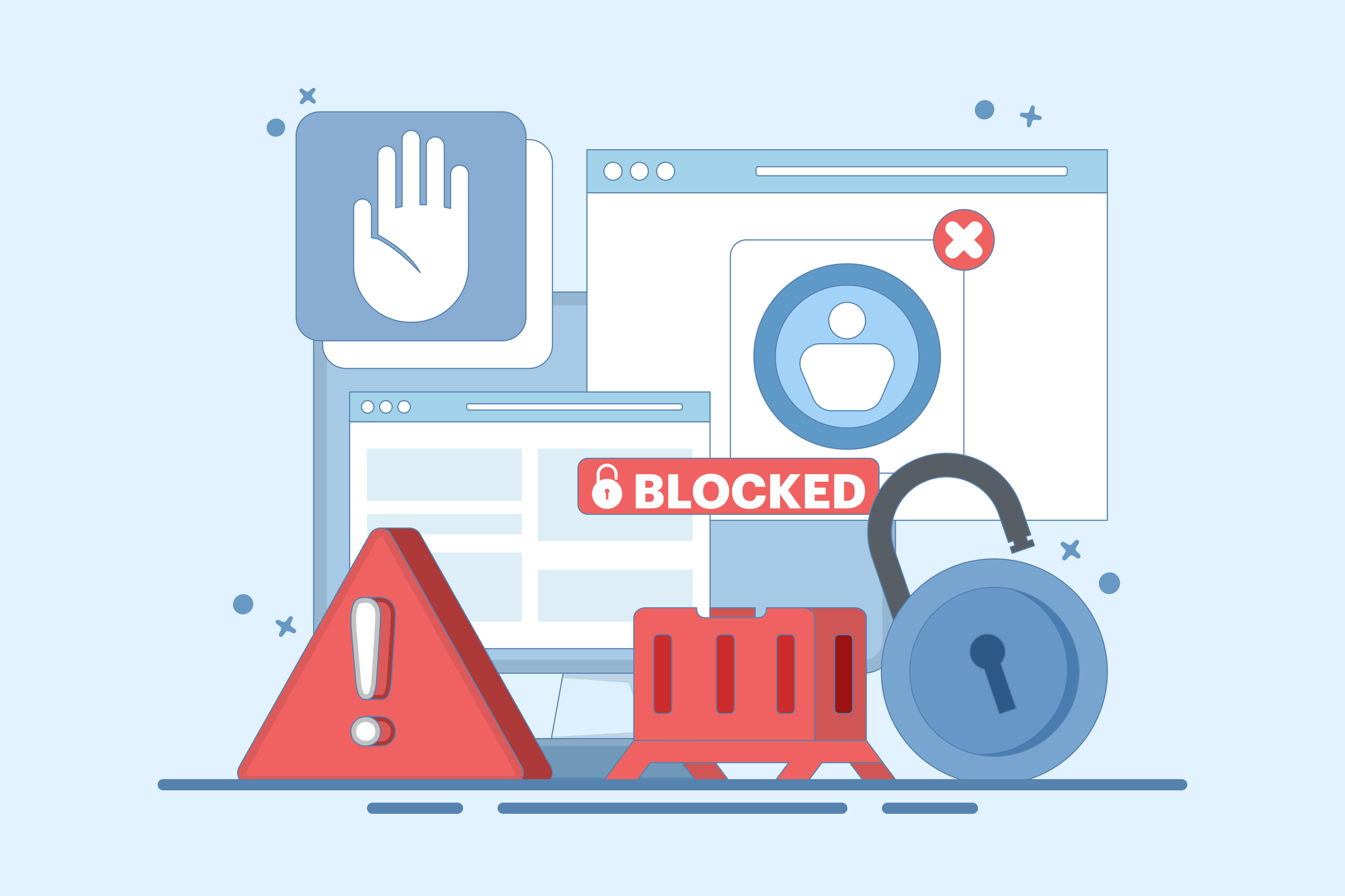
Sometimes, you might find yourself unable to access certain websites. This could be due to restrictions imposed by your school or work network, government censorship, or other reasons. Fortunately, there are several methods to unblock websites and regain access to the content you want. These techniques range from simple browser extensions to more advanced solutions like using a VPN.
Reasons Why Websites Are Blocked
Websites are blocked for various reasons, ranging from network administrators enforcing acceptable use policies at school or work to government-imposed censorship restricting access to information. Schools and workplaces often block websites to maintain productivity and prevent distractions. Governments may block access to websites they deem politically sensitive or harmful. These blocks can be implemented using firewalls, content filters, or by directly blocking access to specific IP addresses or URLs, effectively preventing users from accessing certain websites.
Legal Considerations for Unblocking Websites
Before attempting to unblock a website, it’s important to consider the legal implications. While using a VPN to unblock websites is generally legal, certain activities conducted while unblocking websites, such as accessing illegal content or circumventing copyright restrictions, can have legal consequences. Additionally, some employers or schools may have policies against unblocking websites, and violating these policies could result in disciplinary action. Always be mindful of the terms of service and legal regulations in your jurisdiction when attempting to bypass restrictions and access blocked content.
Common Scenarios for Unblocking
Common scenarios where people want to unblock websites include situations at school or work where access to certain social media, streaming, or gaming sites is restricted. Another common scenario is when traveling to countries with strict internet censorship and limited access to information. In these cases, individuals often seek ways to unblock websites to stay connected with friends and family, access important news and information, or simply enjoy their favorite online content. The methods to unblock might vary depending on the situation and the level of restriction in place.
5 Methods to Unblock a Website

There are several ways to unblock websites and access the content you need. These methods vary in complexity and effectiveness, so it’s important to choose the one that best suits your needs and technical expertise. Here are 5 different methods to unblock websites:
1. Using a VPN to Unblock Websites
One of the most reliable methods to unblock websites is to use a VPN. A VPN, or Virtual Private Network, works by creating an encrypted connection between your device and a remote server. This process masks your IP address, making it appear as though you are browsing from a different location. By using a VPN to unblock websites, you can bypass censorship and geographic restrictions, gaining access to certain websites that might otherwise be inaccessible. Selecting a good VPN is crucial, as it should offer strong encryption, a wide range of server locations, and a no-logs policy to ensure your privacy. The VPN app can be installed on your device and then set up. Using a VPN can help to access blocked websites.
2. Browser Extensions for Unblocking
Browser extensions offer a convenient way to unblock websites directly within your browser. These extensions function as simplified proxy server or lightweight VPN, routing your internet traffic through a different server to bypass restrictions. When unblocking websites with browser extensions, it’s important to use reputable extensions from trusted sources and browsers to ensure your data privacy and security. Chrome extensions that offer VPN or proxy services can be a quick way to unblock a site. These extensions can be a quick way to unblock a site or access certain websites at school or work without installing a full-fledged VPN.
3. Utilizing Proxy Servers
A proxy server acts as an intermediary between your computer and the website you want to access. When you browse through a proxy, your internet traffic is routed through the proxy server, which then retrieves content from the website you want to unblock and sends it back to you. This process hides your IP address, making it a way to unblock a website and bypass certain types of blocks, such as those based on IP address restrictions. While proxy servers can be effective for unblocking, they typically offer less security and encryption than VPNs. Using a proxy server to unblock websites can be slower and less secure than using a VPN to unblock sites.
4. Accessing Websites with a Secure Browser
Using a secure browser like the Tor Browser is another method to unblock websites. The Tor Browser encrypts your internet traffic and routes it through a network of volunteer-operated servers, making it extremely difficult to trace your online activity. This browser is designed to bypass censorship and provide anonymity. The Tor Browser is particularly useful for accessing websites that are heavily censored or monitored. While effective, the Tor Browser can sometimes be slower than other methods due to the multiple layers of encryption and routing. It’s a way to unblock websites using an advanced network, masking your IP address and location to browse censored content.
5. Changing DNS Settings for Unblocking
Another method to unblock websites involves changing your DNS (Domain Name System) settings. Your DNS server translates website URLs into IP addresses, allowing your browser to locate and access the websites. Sometimes, ISPs (Internet Service Providers) use their own DNS servers, which might be subject to censorship or restrictions. By switching to a public DNS server, such as Google DNS or Cloudflare DNS, you can bypass these restrictions and unblock websites. This method can be a simple and effective way to access websites that are blocked by your ISP’s DNS settings. Using this method is a way to unblock a site if DNS filtering is in place.
Best Practices for Unblocking Websites
Choosing a Good VPN for Unblocking Websites
When it comes to finding the best ways to unblock websites, choosing a good VPN is paramount. A good VPN will not only allow you to bypass censorship but will also protect your privacy and security. Look for a VPN that offers strong encryption, a wide range of server locations, and a strict no-logs policy. Ensure that the VPN you choose has a reliable track record and positive user reviews. A reputable VPN will ensure that your internet traffic is encrypted and that your IP address is masked, providing a secure and anonymous way to unblock a site. Selecting a VPN app that meets your specific needs is crucial for safe and effective unblocking.
Maintaining Online Privacy While Unblocking
Maintaining online privacy is crucial when unblocking websites. While using a VPN to unblock sites, be mindful of the information you share and the websites you visit. Use secure browsers and consider enabling privacy-enhancing browser extensions. Regularly clear your browser’s cache and cookies to prevent tracking. Be cautious of websites that request excessive personal information. Employing these practices will significantly reduce the risk of your online activities being monitored or traced back to you. By being proactive and vigilant, you can maintain your online anonymity and enjoy a secure unblocking experience, ensuring your personal information is protected while you browse. The ways to unblock websites can be many, but you must do them safely.
Staying Informed About Internet Regulations
Staying informed about internet regulations is essential when considering ways to unblock websites. Understanding the laws and policies in your jurisdiction will help you make informed decisions and avoid potential legal issues. Keep up-to-date with changes in internet censorship and access laws, as these can vary significantly from country to country. Being aware of the legal implications of unblocking websites can prevent you from inadvertently violating any laws or regulations. Researching the legal landscape surrounding internet usage in your region is a crucial step in responsible unblocking. Remember that while accessing information freely is important, it should be done within the bounds of the law. It may not be legal to unblock websites in certain countries.











